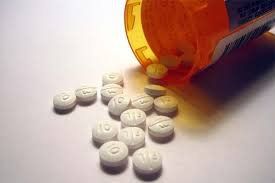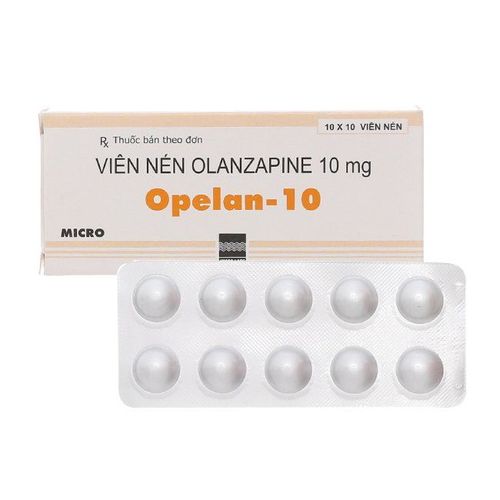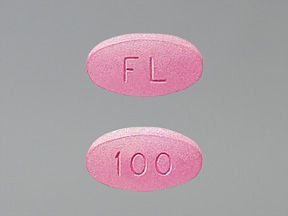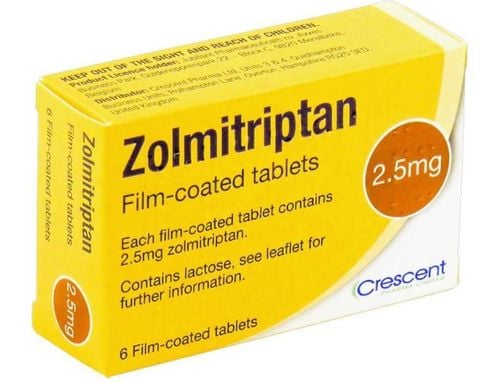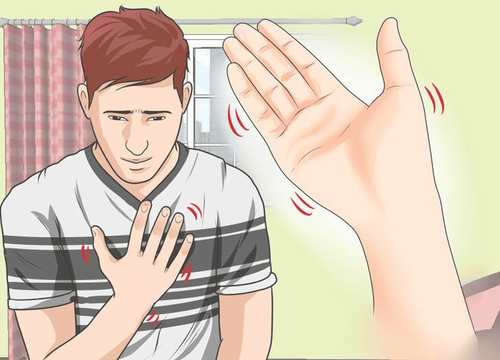This is an automatically translated article.
Melancholic depression is a type of depression also known as melancholy. It is a little-known condition, but has more severe symptoms than other types of depression and is especially difficult to treat.
1. Causes of melancholy depression
This condition is thought to be caused by changes in the brain and disrupted hormone pathways. The pathway called the hypothalamic-pituitary-adrenal (HPA) axis is responsible for releasing chemicals that regulate stress and appetite.
With melancholic depression you may have high levels of cortisol, which is secreted by the adrenal glands during stress and the HPA axis plays a role in regulation. This affects many different functions in the body including appetite, metabolism and memory. In addition, the signals in the brain in neurons can also change, and these signals will contribute to determining how you react to your surroundings.
2. Symptoms of melancholy depression
Melancholy depression is more likely to cause physical symptoms, not only a feeling of paleness or watery eyes, but also making the body feel no energy, empty or even unfeeling. happy. On the other hand, your movements and thoughts may slow down.
The two main symptoms commonly seen in severe depression are:
Loss of the ability to enjoy life activities. Unable to respond to pleasure in a positive way. Melancholy depression is also characterized by signs such as:
Poor quality sleep due to waking up too early Loss of appetite or weight loss Difficulty concentrating or memory Feeling empty or unresponsive Excessive guilt Feelings of despair Suicidal thoughts Some psychomotor signs may occur such as:
Change of voice or speaking at different volume or pause when you speak Eye movements such as fixed gaze or don't make eye contact when you talk to people Your head, limbs, or torso movements are slowed down Swollen postures Frequently touching your face or body Body aches. Some studies show that about 70% of people with major depression may also experience musculoskeletal pain. Melancholy depressive symptoms often run in families. Especially in cases where someone in the family has had similar mental health problems or died by suicide. These symptoms may be worse at times of year when there is less sunlight, when the days are shorter, or when it's cold outside. People with postpartum depression are also very susceptible to this disease.
3. Diagnosing melancholy depression
A therapist or mental health professional will diagnose your depression based on the signs and symptoms the patient experiences.
The patient must have one or both major symptoms of depression such as:
Inability to enjoy life Respond to pleasurable activities in life. In addition, at least three of the following symptoms should be present:
Despair not due to grief or loss of a loved one Loss of appetite or significant weight loss Psychological changes Depressed mood in the morning is worse than in the evening Wake up at least 2 hours earlier than you want to. Strong guilt
4. Treatment of melancholy depression
Treatments for melancholic depression may include a combination of medications and therapies such as:
Antidepressants: Doctors often prescribe tricyclic antidepressants (TCAs) for depression depression, although they may also use other medications and antidepressants. Electroconvulsive therapy: If other treatments don't work, your doctor may recommend electroconvulsive therapy (ECT) to relieve your symptoms. The patient will be under general anesthesia, and a technician will send electrical signals to the brain to cause you to have brief seizures. ECT can change the chemical balance in your brain to reduce symptoms of depression. Psychotherapy: This is psychotherapy, or talk therapy, and isn't always as helpful for treating melancholic depression as other types of episode depression. Even after treatment, symptoms can return later, but to a degree that patients can manage their depression with the help of doctors and mental health professionals. Here is important information about melancholic depression. Knowing the information will help the treatment process be more accurate and bring better results.
Vinmec International General Hospital is the address for examination, treatment and prevention of diseases. When performing the examination process at Vinmec, customers will be welcomed and used modern facilities and equipment along with perfect medical services under the guidance and advice of experts. Good doctors, well-trained both at home and abroad.
Please dial HOTLINE for more information or register for an appointment HERE. Download MyVinmec app to make appointments faster and to manage your bookings easily.




